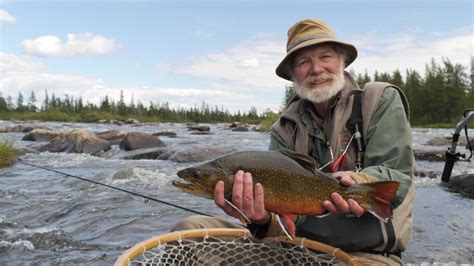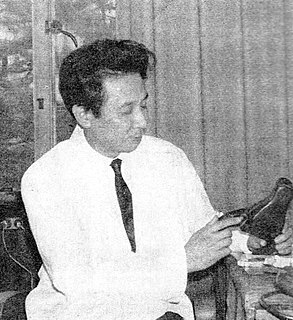A Quote by Alan Watts
The real Zen of the old Chinese masters was wu-shih, or "no fuss."
Related Quotes
Zen is the enemy of analysis, the friend of intuition. The Zen artist understands the ends of his art intuitively, and the last thing he would do is create categories; the avowed purpose of Zen is to eliminate categories! The true Zen-man holds to the old Taoist proverb,
Those who know do not speak. Those who speak do not know.
Zen purposes to discipline the mind itself, to make it its own master, through an insight into its proper nature. This getting into the real nature of one's own mind or soul is the fundamental object of Zen Buddhism. Zen, therefore, is more than meditation and Dhyana in its ordinary sense. The discipline of Zen consists in opening the mental eye in order to look into the very reason of existence.
Rivers and mountains are beautiful and made heroes bow and compete to catch the girl- lovely earth. Yet the emperors Shih Huang and Wu Ti were barely able to write. The first emperors of the Tang and Sung dynasties were crude. Genghis Khan, man of his epoch and favored by heaven, knew only how to hunt the great eagle. They are all gone. Only today are we men of feeling.




































